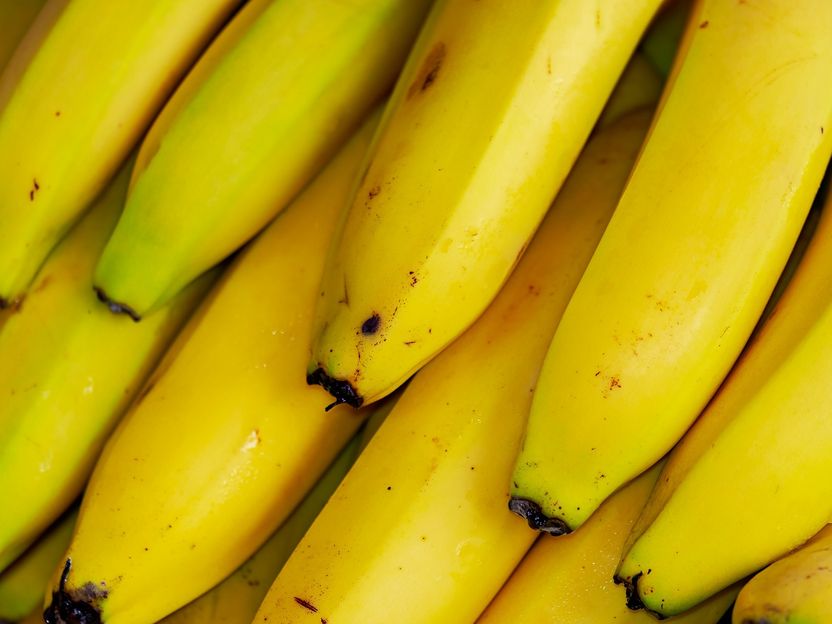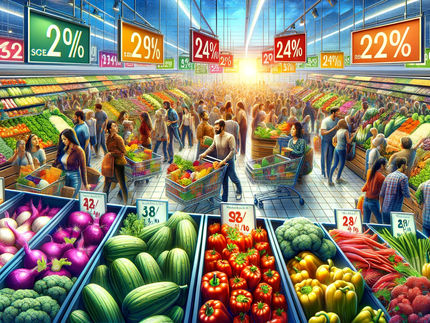New limit values for food apply in the EU
After lead now cadmium
Advertisement
As part of the European plan to combat cancer, new limits for cadmium
in certain foods came into force this Tuesday. Stricter or additional maximum levels apply, for example, to several types of fruit, vegetables and cereals as well as oilseeds. In future, for example, a maximum content of only 0.15 instead of 0.2 milligrams per kilogram will be permitted in rice. For citrus fruits, pome fruits, stone fruits and bananas, for example, the limit has been lowered from 0.05 to 0.02 milligrams per kilogram.
The background to the new limits for the toxic and carcinogenic heavy metal cadmium is data collected on its occurrence following the implementation of risk reduction measures recommended in 2014. According to the responsible EU Commission, these show that it is possible to reduce the cadmium content in many foods.
The heavy metal enters the environment in particular through combustion processes or as a component of sewage sludge. In addition, it can also be introduced into the soil through phosphate fertilisation. Already
on Monday new limit values for lead in food had come into force.
The European plan to combat cancer was presented in February and provides for several other measures in addition to new limit values. They include, for example, an EU cancer screening programme and an EU-wide network of cancer centres. "In 2020, 2.7 million people in the EU were diagnosed with cancer. Another 1.3 million people died from the disease, including more than 2,000 young people," the EU Commission says, explaining the four-billion-euro project. If no decisive action is taken, there will even be around 24 percent more cases of cancer by 2035./aha/DP/zb (dpa)

Bild von Couleur auf Pixabay
Note: This article has been translated using a computer system without human intervention. LUMITOS offers these automatic translations to present a wider range of current news. Since this article has been translated with automatic translation, it is possible that it contains errors in vocabulary, syntax or grammar. The original article in German can be found here.
Most read news
Other news from the department business & finance

Get the food & beverage industry in your inbox
By submitting this form you agree that LUMITOS AG will send you the newsletter(s) selected above by email. Your data will not be passed on to third parties. Your data will be stored and processed in accordance with our data protection regulations. LUMITOS may contact you by email for the purpose of advertising or market and opinion surveys. You can revoke your consent at any time without giving reasons to LUMITOS AG, Ernst-Augustin-Str. 2, 12489 Berlin, Germany or by e-mail at revoke@lumitos.com with effect for the future. In addition, each email contains a link to unsubscribe from the corresponding newsletter.

























































